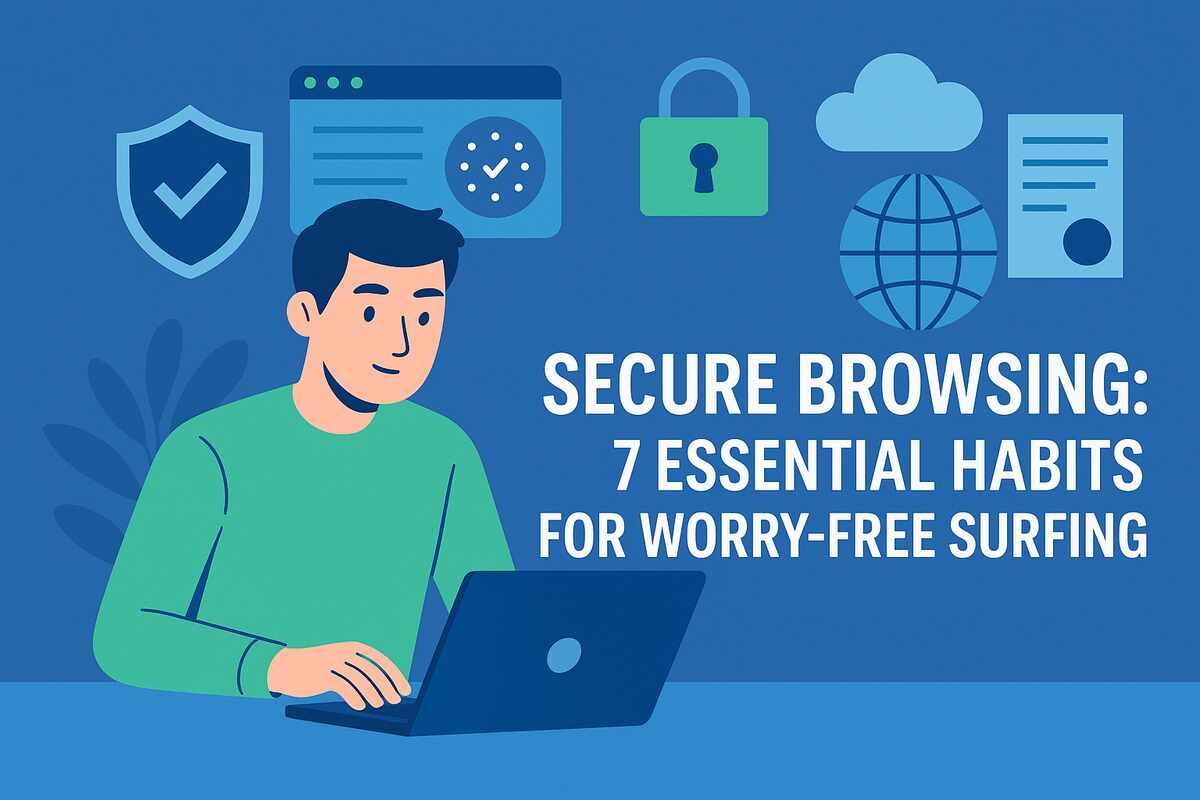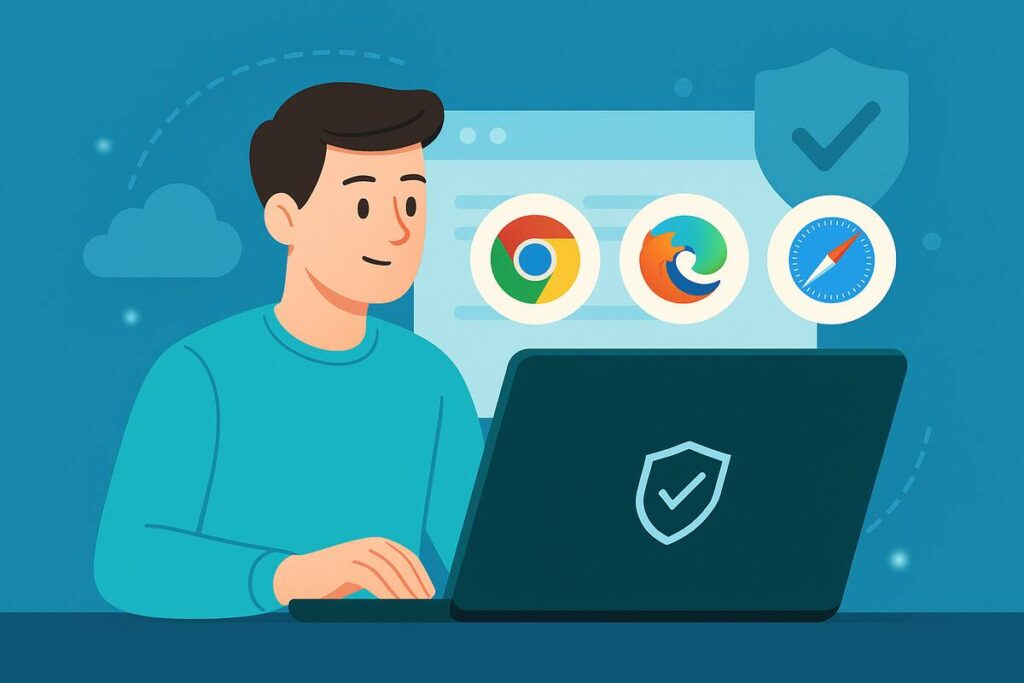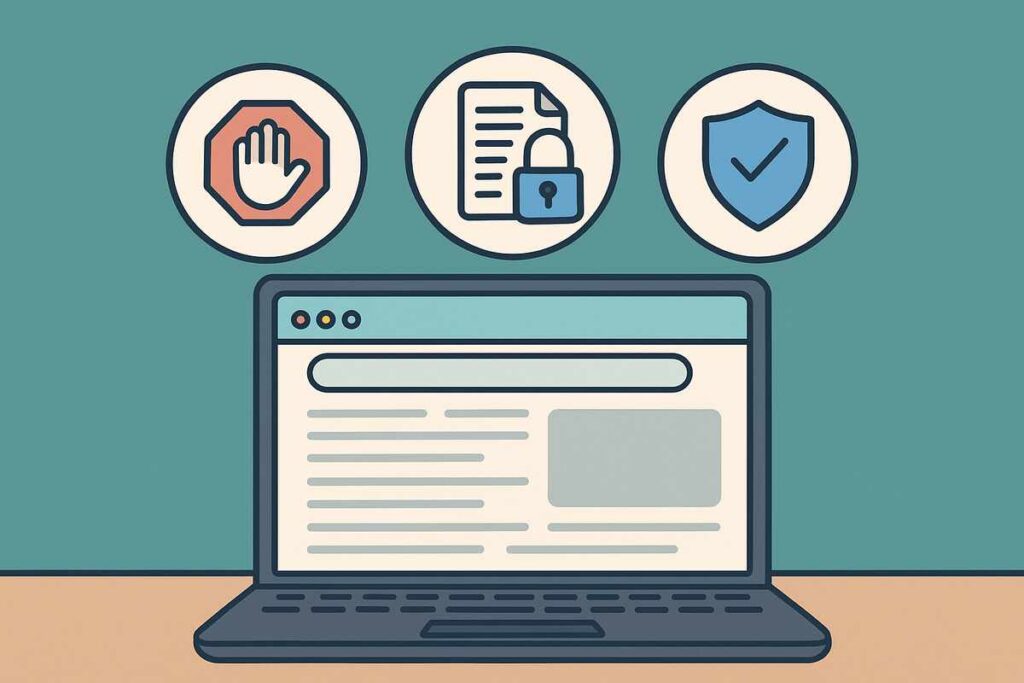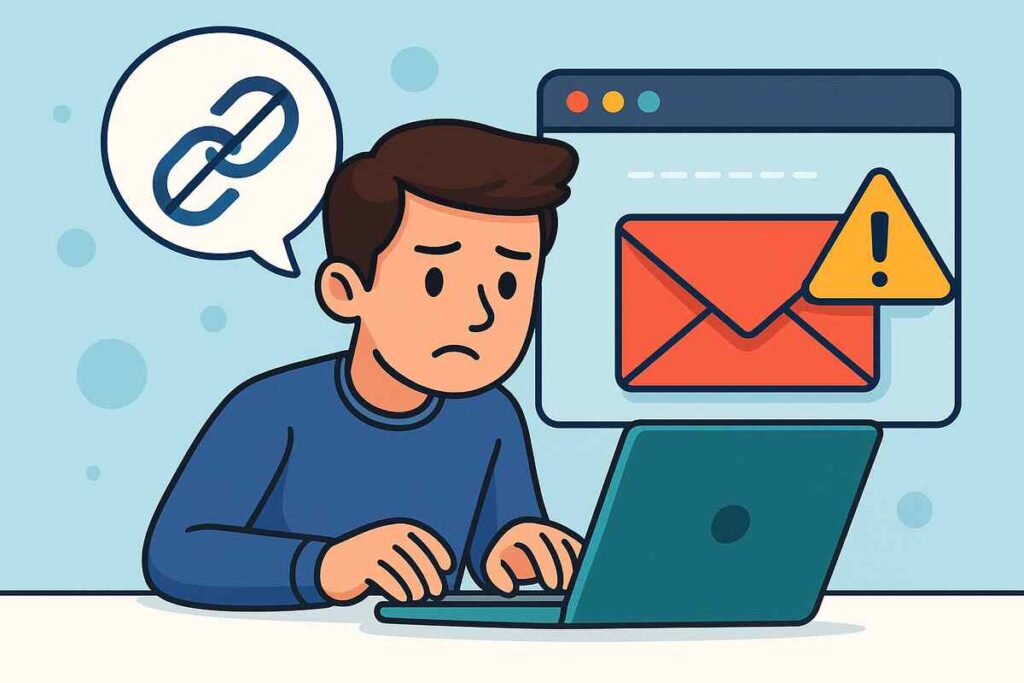Physical Address
304 North Cardinal St.
Dorchester Center, MA 02124
Physical Address
304 North Cardinal St.
Dorchester Center, MA 02124

In a digital world filled with malware, phishing scams, and surveillance threats, secure browsing is no longer a luxury—it’s a necessity. Every time you connect to the internet, you expose yourself to potential cyber risks. Whether you’re checking emails, shopping online, or working remotely, your web activity is a target for malicious actors. Fortunately, by adopting smart and proactive habits, you can significantly reduce your vulnerability and enjoy worry-free surfing. This guide explores the seven most essential secure browsing habits to help you stay protected in 2025 and beyond.
The web is an evolving ecosystem. Alongside beneficial innovations come new forms of cyber threats. According to a 2024 report by Symantec, phishing attacks have risen 22%, and 1 in 10 websites host malicious code. Despite these alarming statistics, most users still overlook basic cybersecurity hygiene.

A browser is your window to the internet. Choosing a reputable one is the foundation of secure browsing.
Always keep your browser updated to patch security flaws and benefit from the latest protection protocols.

Browser extensions can drastically improve your web safety—but only if they come from trusted developers.
These tools work together to prevent data leaks and block unsafe scripts, forming a solid barrier against online threats.

Phishing remains one of the most successful cyber attack vectors. Fraudulent emails and social engineering schemes often rely on misleading links.
go0gle.com).Use services like VirusTotal to scan suspicious URLs before opening them.
Hypertext Transfer Protocol Secure (HTTPS) encrypts data between your browser and the website. Sites without HTTPS are vulnerable to data interception.
Modern browsers now warn users about non-HTTPS sites, but it’s still good practice to remain vigilant.
A VPN masks your IP address and encrypts your internet traffic, adding a crucial layer of anonymity and security.
Trusted providers include NordVPN, ExpressVPN, and ProtonVPN. Avoid free VPNs, which often come with hidden data-sharing practices.
Passwords are the gatekeepers of your digital identity. Weak or reused passwords make you an easy target.
With breaches happening daily, password hygiene is one of the most essential secure browsing practices.
Every piece of data you share online can be collected, sold, or stolen. From social media to e-commerce sites, minimizing data exposure is vital.
Privacy is a right, not a privilege. Secure browsing begins with being mindful of what you reveal online.
Stored data can be exploited to track your behavior. Periodically clear browser history, cookies, and cached files.
Instead of allowing all sites to access your camera, microphone, or location by default, set permissions manually as needed.
Use tools like Google Account Activity or Facebook’s login history to monitor unauthorized access.
Antivirus software complements secure browsing practices by scanning downloads, blocking malicious sites, and detecting suspicious behavior.
These tools act as your second line of defense when browser-level security is bypassed.
Secure browsing is not only about using tools—it’s a mindset. Building awareness of evolving threats ensures you’re not caught off guard. Stay informed through cybersecurity blogs, official advisories, and community forums like Reddit’s /r/privacy.
In today’s hyperconnected world, secure browsing is essential to digital safety. By following these seven habits—from using a VPN to practicing good password hygiene—you can create a strong defense against online threats. With data breaches, phishing attacks, and surveillance tactics constantly evolving, proactive security measures are your best line of defense. Make secure browsing your standard, not an afterthought.
Meta Description:
Secure Browsing starts with 7 smart habits: HTTPS, VPNs, password hygiene, and more to keep you safe, private, and worry-free online every day.